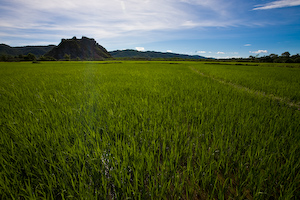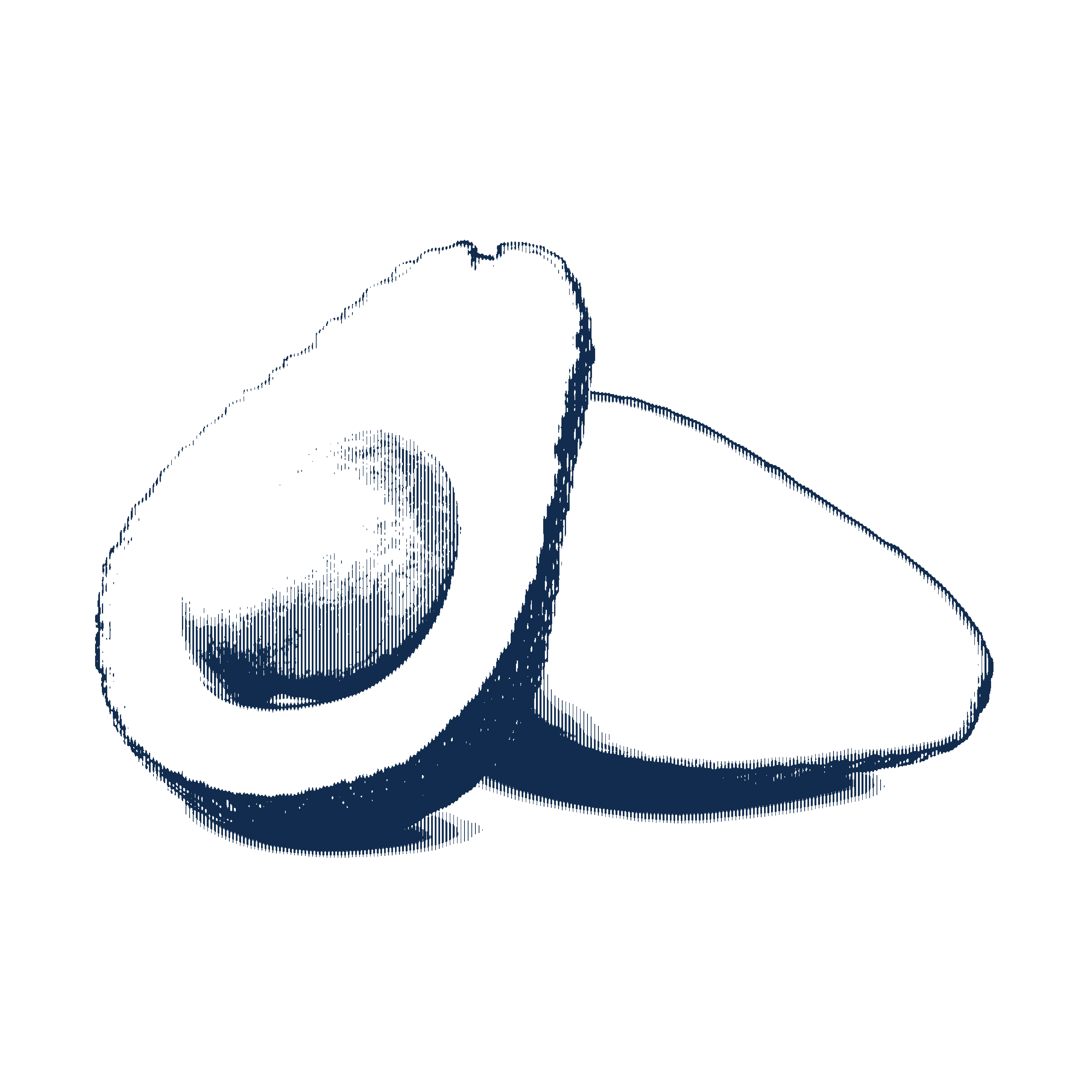
Rice is the staple of food of asia, and Vietnam is the second largest exporter of rice in the world, although it's a country about the size of California.
So the style of rice cultivation being practiced to produce such high yield is increasingly dependent on commercial fertilizers, to the point where now many farmers are only realizing a financial return large enough to buy their next year's supply of fertilizer.
Vietnam is also home to an extraordinarily diverse human and natural ecology. Some conservationists consider it the most diverse ecosystem on the planet. Small scale sustenance level farming has for hundreds of years preserved this diversity, particularly in the mountains where large scale agriculture is very difficult.
But as Vietnam becomes more and more a part of the global economy, sustenance level farming becomes less viable, and farmers need more cash to pay for their daily needs. Now with the pressure for cash, many of the highlanders are turning to other resources for cash, most notably to small scale illegal logging and poaching wildlife. They sell their bounty to middlemen who reap a huge profit from this illegal cross-border trade. Many of the small farmers living in the highlands and other marginally arable land, are ethnic minorities, who have maintained their traditional ways of stewardship of the environment for many generations, and are resisting this trend.
Outer Voices travelled to Vietnam and Laos during the summers of 2007 and 2008 to take a first hand look at this situation, and spent time touring the region with Tranh Thi Lanh, the founder and leader of the Vietnamese environmental organization, SPERI, Social Policy and Ecological Research Institute. Their organization is focused on giving the ethnic minorities whose first hand knowledge about how to preserve a sustainable lifestyle in balance with the environment, while also sustaining the human population, as the model for Vietnam to follow. They are working very hard to plant the seeds for this transformation by creating farm schools and grassroots networks for ethnic minorities throughout Vietnam and Laos. Their methods are genius. is it enough, soon enough to transform Vietnam's feverish race in the globalizing marketplace? What are the real prices that Vietnam, and all of us, are paying for their rice?





